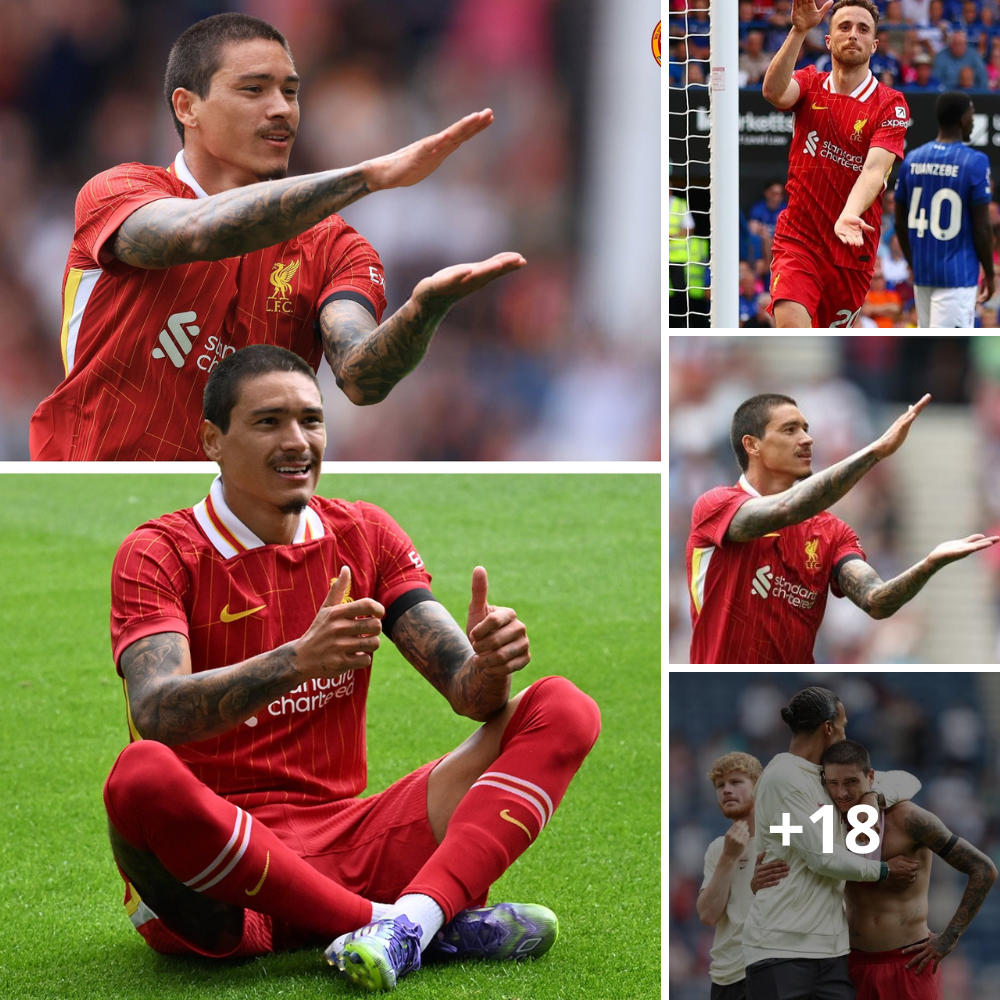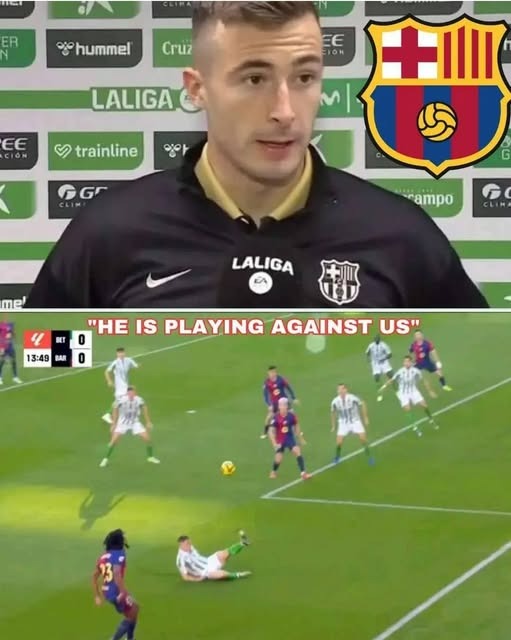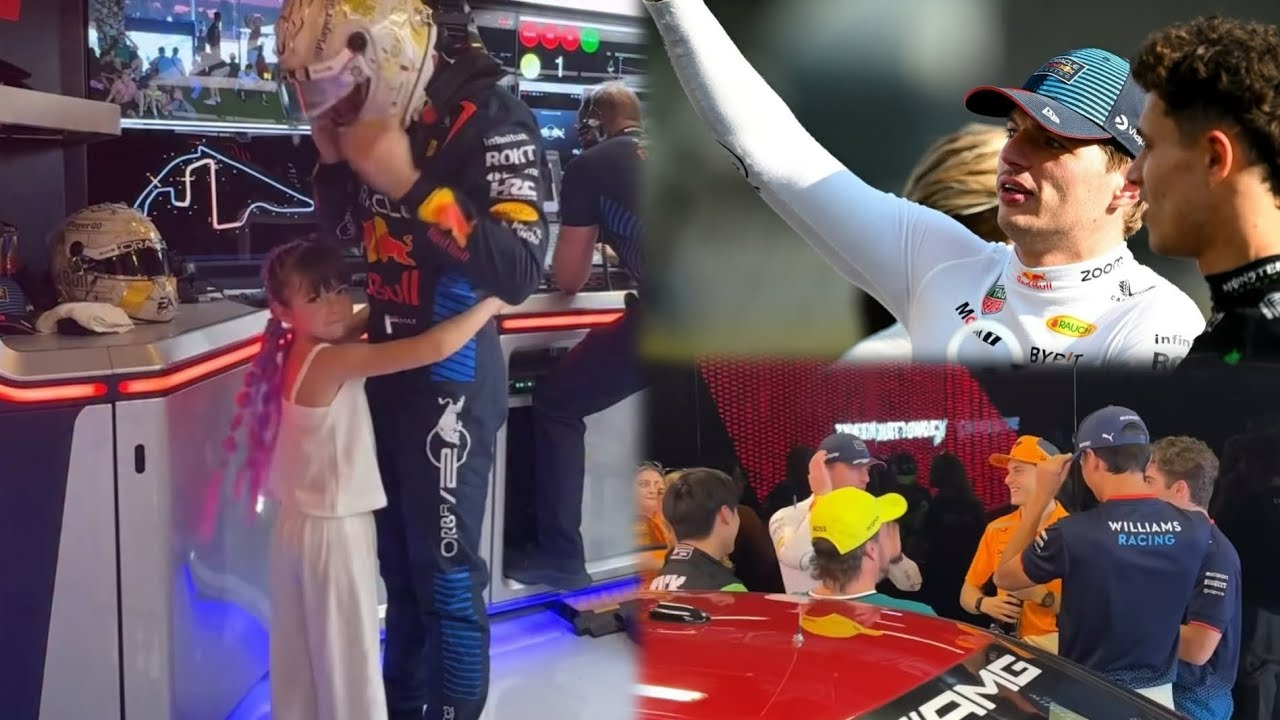Andy Reid Takes a Stand: Controversy Erupts Over Players’ Anthem Protest and Dismissal from Chiefs
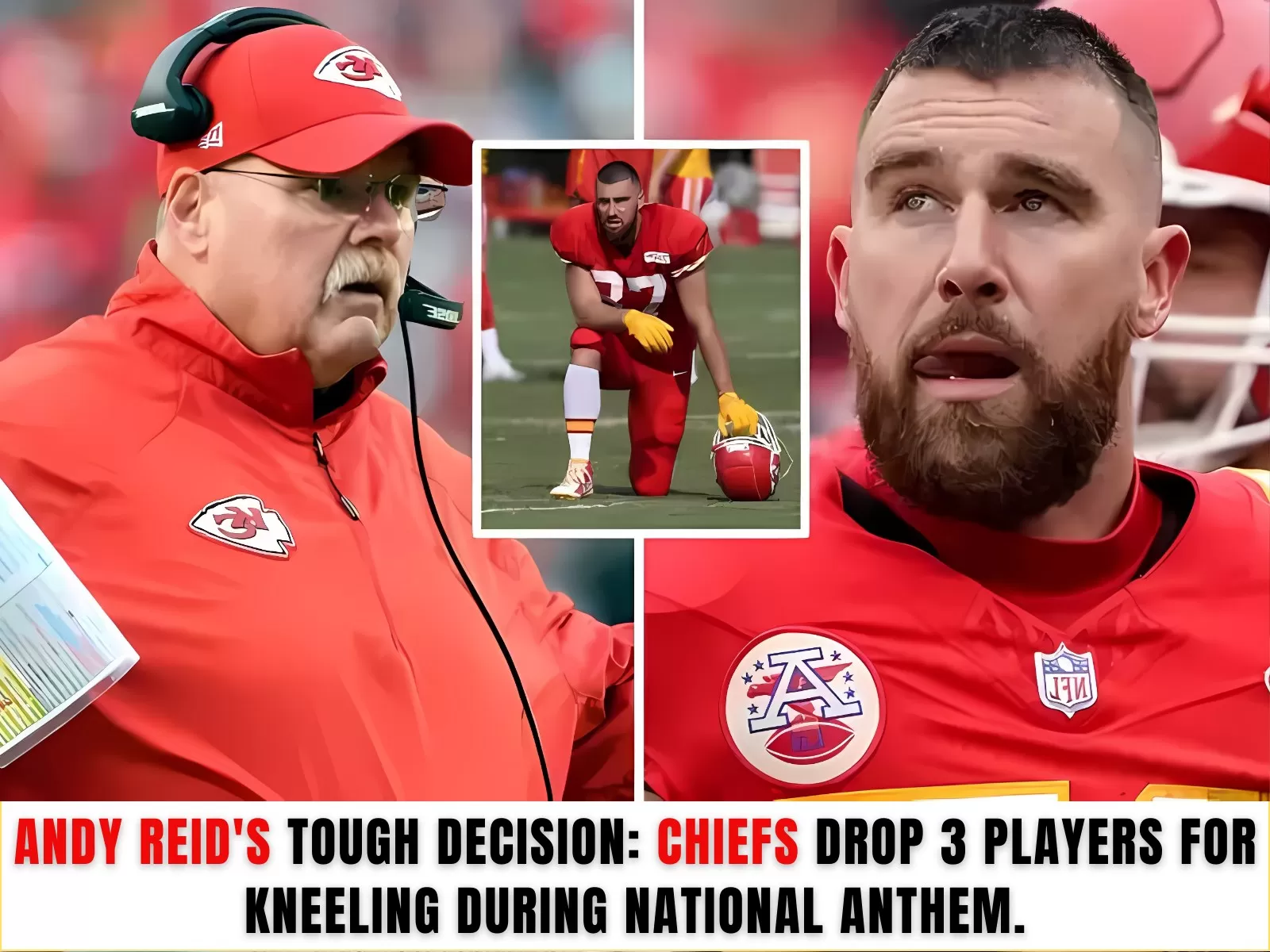
Andy Reid, renowned for his no-nonsense coaching style and deep respect for the game of football, made a decision that has sparked widespread debate. During a recent Chiefs game, three players peacefully protested social injustices by taking a knee during the national anthem. Their actions have ignited a fierce controversy, raising questions about the balance between freedom of expression and respect for national symbols.
On a Sunday afternoon, just moments before the Kansas City Chiefs were set to face their rivals, the national anthem began to play. As the familiar notes filled the stadium, three players knelt, their heads bowed in a peaceful protest against racial inequality and police brutality. The stadium, packed with fans eagerly awaiting the game, fell silent as the players’ protest cast a shadow over the event.
Coach Andy Reid, standing tall on the sidelines, watched the scene unfold with a mix of disappointment and determination. Known for his commitment to team unity and respect for the flag, Reid made a swift decision. As the anthem ended, he approached the players, delivering a firm message: “Not on my field.” The players were promptly removed from the team, sparking immediate fallout.
Reid’s decision to dismiss the players triggered a whirlwind of reactions. Fans and commentators took to social media, with opinions split between support and criticism. Supporters of Reid’s actions praised him for upholding what they see as fundamental patriotic values, lauding his commitment to respecting the national anthem.
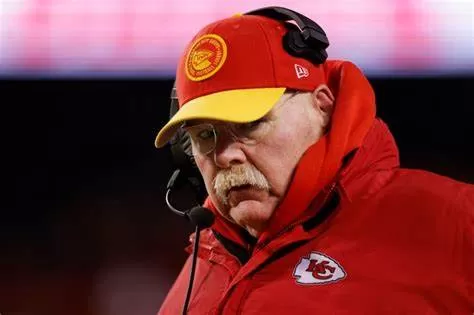
However, critics quickly condemned the move as an infringement on the players’ right to free speech. They argued that peaceful protest is a cornerstone of democracy and should be respected, particularly in the context of professional sports, which has long been a platform for social commentary.
The controversy extends far beyond the Chiefs’ stadium, touching on broader issues facing the country. The act of kneeling during the anthem, popularized by former NFL quarterback Colin Kaepernick in 2016, has continued to polarize opinions, sparking nationwide debates about race, privilege, and patriotism. Reid’s dismissal of the players brings these issues to the forefront, challenging fans, players, and officials to reflect on where they stand in this ongoing cultural discourse.
Legal experts and civil rights advocates have weighed in on the potential implications of Reid’s actions, questioning the balance between an employer’s authority and an individual’s right to express personal beliefs. The NFL, already under scrutiny for its handling of political expression, now faces pressure to clarify its stance on player conduct and the expression of political views.
For the three dismissed players, their protest was intended to shine a light on systemic injustices. However, they now find themselves in the middle of a heated debate over loyalty, respect, and the role of athletes in society. While their future in professional football remains uncertain, their actions have undeniably sparked a conversation that extends far beyond the sport.
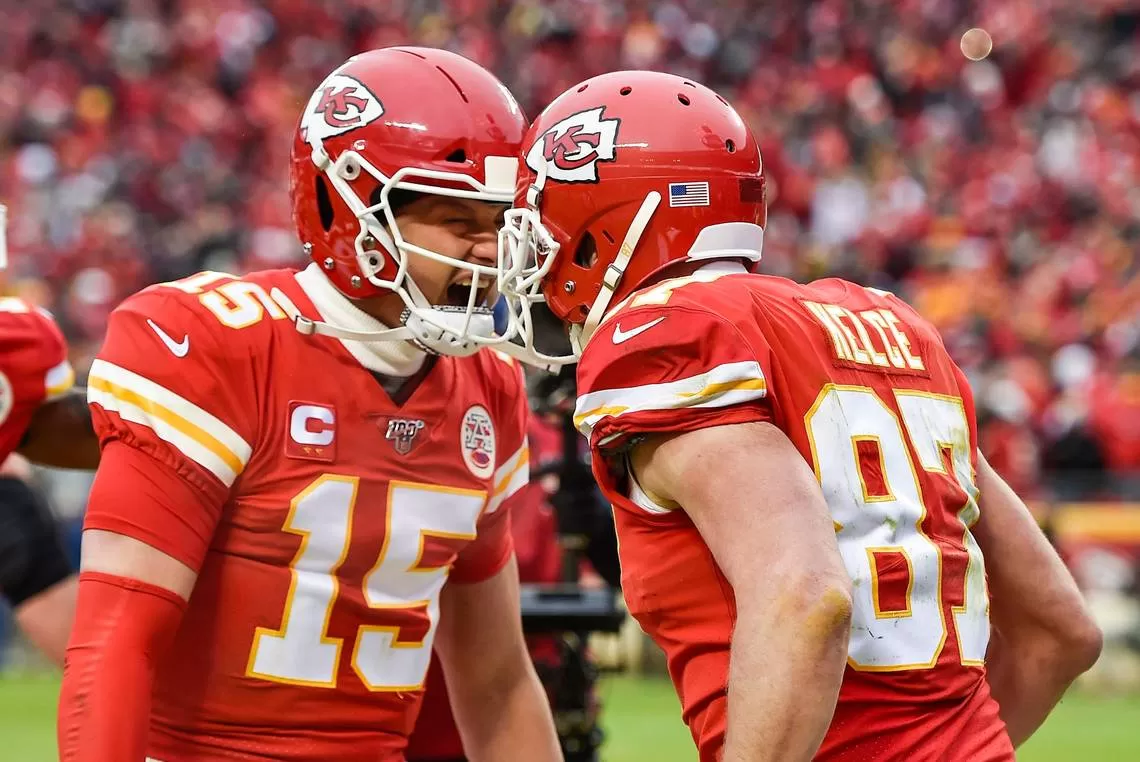
As the dust settles, the incident serves as a poignant reminder of the complex relationship between sports, politics, and society. Coach Reid’s decision, whether viewed as a defense of patriotic values or a silencing of dissent, underscores the ongoing struggle to navigate these turbulent waters. The debate over the right to protest, the meaning of patriotism, and the role of sports figures as social activists continues to unfold, challenging individuals to consider their own values in the face of an ever-evolving societal landscape.
“Not on my field” is more than just a statement from a football coach; it has become a catalyst for a broader discussion about freedom, responsibility, and the power of sports as a platform for social change. As America grapples with these issues, Coach Reid’s actions and the players’ protest serve as a reminder of the enduring importance of dialogue, understanding, and respect for diverse perspectives in the pursuit of a more equitable and just society.


